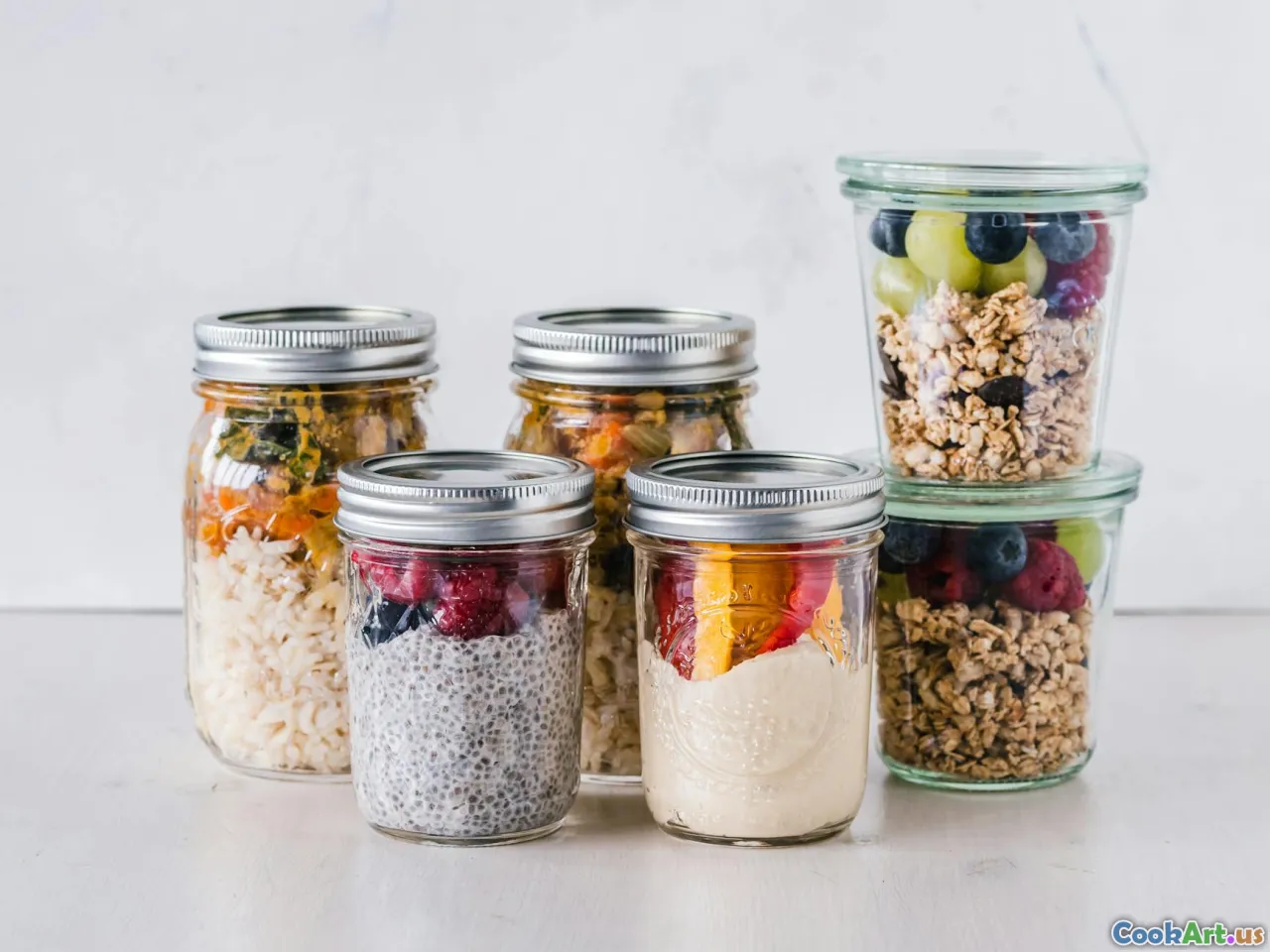The Myths Around Veganism and Energy Levels
8 min read Debunking common myths about veganism and energy levels, exploring how plant-based diets can boost vitality and challenge stereotypes. May 03, 2025 09:00
The Myths Around Veganism and Energy Levels
Imagine walking into a bustling vegan café nestled in the heart of a vibrant city. The air is thick with the aroma of freshly baked sourdough bread, roasted vegetables, and fragrant herbs. Plates are bursting with color—bright reds of bell peppers, deep greens of kale, and golden hues of roasted squash. Yet, despite this sensory feast, a common question lingers: "Do vegans have enough energy?" This doubt is not new; it has been woven into the fabric of dietary misconceptions for decades.
The Origins of the Myth: Why the Skepticism?
Historically, the notion that a plant-based diet might be insufficient for sustaining energy stems from a combination of cultural biases, lack of understanding, and outdated nutritional science. For centuries, meat has been regarded as the primary source of strength and vitality—a symbol of power in many societies. This cultural narrative has persisted, often overshadowing the rich nutritional tapestry that vegan diets can offer.
In the mid-20th century, as nutritional science evolved, many believed that proteins, primarily sourced from animals, were essential for muscle growth and energy. The idea that plant-based diets were inherently weak or lacking in energy-boosting nutrients gained traction, fueling skepticism among skeptics and even some health professionals.
The Science Behind Vegan Energy: Clearing the Confusion
1. Carbohydrates: The Body’s Preferred Fuel
At the heart of any energy discussion lies carbohydrates—the primary fuel for our bodies. Vegan diets, rich in whole grains, legumes, fruits, and vegetables, are abundant sources of complex carbs. These are slow-digesting, steady-release energy providers that keep blood sugar levels stable and prevent crashes.
Imagine biting into a freshly cooked quinoa salad, the nutty aroma mingling with the tang of lemon and fresh herbs. Each bite delivers sustained energy, unlike quick sugar spikes followed by crashes. This slow digestion ensures that vegans can sustain their activity levels throughout the day.
2. Protein: Not Just from Meat
A common misconception is that vegans cannot obtain enough protein. While animal products are high in protein, plant-based sources such as lentils, chickpeas, tofu, tempeh, seitan, and edamame pack a punch of amino acids vital for muscle repair and energy.
Personal experience has shown me how a hearty lentil stew or a tofu scramble can leave me feeling energized for hours. These meals are not only satisfying but also rich in nutrients that support overall vitality.
3. Iron and B12: Critical Nutrients for Energy
Iron, essential for oxygen transport in the blood, is often highlighted in discussions about vegan diets. Leafy greens like spinach, kale, and Swiss chard, along with fortified cereals and seeds, provide ample iron. Coupled with vitamin C-rich foods such as citrus or bell peppers, iron absorption is maximized.
Vitamin B12, crucial for nerve function and red blood cell production, is naturally scarce in plant foods. However, fortified foods and supplements ensure vegans can maintain optimal B12 levels, avoiding fatigue and neurological issues.
Real-Life Stories: The Power of a Vegan Diet
Take Sarah, a marathon runner who transitioned to a vegan diet two years ago. She describes her journey as one of discovery and empowerment. "Switching to plant-based foods helped me recover faster after runs and sustain energy during long training sessions. I used to feel sluggish before, but now I thrive on colorful bowls of grains, beans, and greens."
Similarly, David, a busy professional and father of three, credits his vegan lifestyle for improved stamina and mental clarity. "I used to rely heavily on coffee and quick snacks for energy, but now my diet keeps me energized naturally. The vibrant textures and flavors make eating a joy rather than a chore."
The Cultural and Emotional Aspects of Vegan Energy
Beyond science, embracing a vegan diet often involves reconnecting with food in a way that honors sustainability, compassion, and health. The act of preparing colorful, nourishing dishes can be emotionally uplifting, fostering a sense of accomplishment and well-being.
Cultural cuisines also demonstrate the vitality of plant-based eating. Indian, Ethiopian, Thai, and Mediterranean cuisines feature dishes that are both flavorful and energizing—think spicy chickpea stews, injera with lentil stews, fragrant Thai curries, and vibrant Mediterranean salads.
Addressing the Skeptics: Is Veganism Suitable for Everyone?
While many thrive on a vegan diet, individual needs vary. Factors such as age, activity level, health conditions, and access to diverse foods influence energy levels. Consulting with healthcare professionals and nutritionists is advisable when transitioning.
Moreover, a well-planned vegan diet emphasizes variety and nutrient density, ensuring all essential vitamins and minerals are covered. With careful planning, vegans can enjoy sustained energy, strength, and vitality—challenging the outdated myth that meat is necessary for vigor.
The Future of Plant-Powered Vitality
As the world shifts towards more sustainable and ethical eating practices, the perception of veganism as an energy-depleting diet is slowly dissolving. Innovations in plant-based foods—such as protein-enriched snacks, fortified beverages, and creative culinary techniques—are making it easier than ever to maintain high energy levels on a vegan diet.
From nutrient-dense smoothies to fiber-rich salads, the options are endless. The key lies in understanding the nutritional value of whole foods and embracing the vibrant, diverse palette of plant-based cuisine.
Final Thoughts: Embrace the Vibrancy
The myths surrounding veganism and energy levels are rooted more in misconception than reality. With a balanced, thoughtfully curated diet, vegans can enjoy all the vitality and strength they desire. Food is not just fuel; it is an experience—rich in flavor, color, and life.
So next time someone questions whether a vegan can keep up with their energetic lifestyle, invite them to explore the world of colorful grains, hearty legumes, and fresh greens. Because, in truth, the power of plants is not just a myth—it's a vibrant, living testament to the incredible potential of plant-based living.









